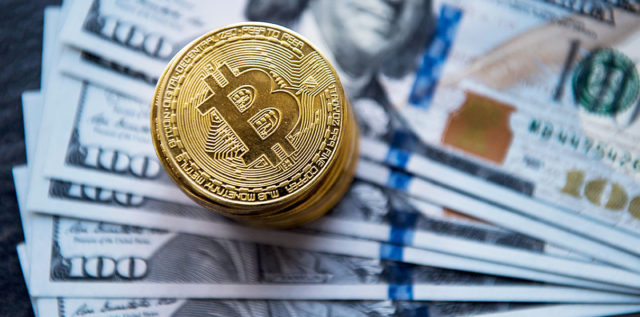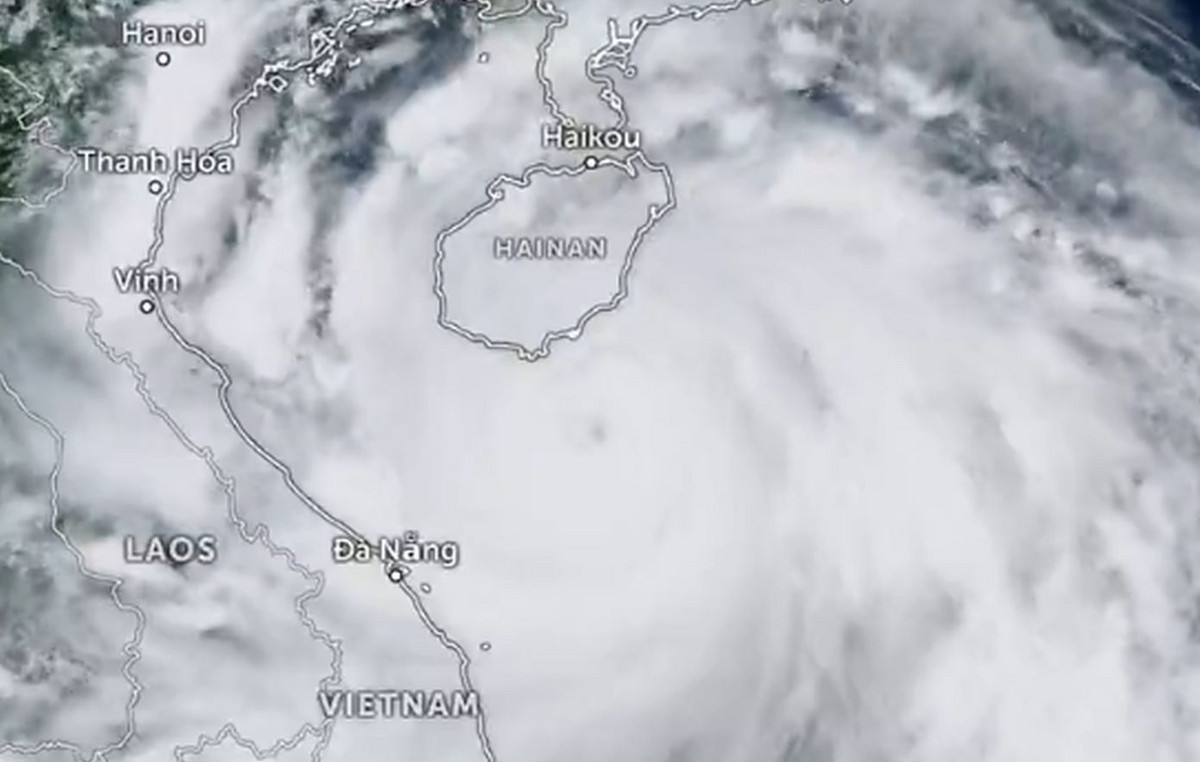Global markets operate this Tuesday (22) with an eye on the escalation of tension in Ukraine. In the domestic scenario, the highlight is the Consumer Confidence Index of FGV (Fundação Getúlio Vargas), which had the best result in six months.
Starting abroad, US futures are volatile but close to normal after Russian President Vladimir Putin put the world on high alert yesterday.
First, Putin recognized the independence of two regions of Ukraine, Luhansk and Donetsk, which were already controlled by pro-Russian separatists. Hours later, Putin sent troops to the two regions, saying the aim was to pacify the areas.
Ukrainian soldiers say two soldiers have been killed by gunfire by pro-Russian separatists in the past 24 hours.
In the wake of Putin’s decision, Western countries have started announcing economic sanctions against Russia, which are expected to extend throughout the day. One of the main threats would be banishing Russia from the global payments financial system.
But, for experts, the impacts would be limited, as Russia has made a great effort to become self-sufficient in recent years and today has more than US$ 600 billion in international reserves.
In Europe, indices are also volatile, but stocks are up. The Euro Stoxx even dropped to the lowest level in seven months. Yesterday, the Moscow stock market tumbled 10.5%, the lowest since 2014, when Russians took control of the Crimean peninsula. Today, it continues to fall, with a loss of almost 5%.
Analysts estimate that when it comes to Russia, it is difficult to know whether the market is overreacting. Nicolas Borsoi, from Nova Futura, summarizes that the “sell first, ask later” dynamic was activated in the market.
Risk aversion has driven investors out of stocks and into commodities and metals. Grains and oil rose sharply. Brent barrels hit $99, the highest level since September 2014.
In Asia, stocks closed down reflecting New York and with new threats of Chinese government intervention in technology.
Brazil
Coming to Brazil, the Ibovespa did not resist the aversion to risk abroad and fell yesterday. However, the foreign flow into commodity stocks could cause the stock market to take off abroad today.
The dollar, meanwhile, fell to the lowest level in nearly seven months as investors flocked to the country in search of high interest rates. The upward revision of the IPCA (Broad Consumer Price Index) of the Focus bulletin and the speech by Roberto Campos Neto that the inflation trend is increasing contribute to the expectation of high interest rates.
Among companies, Eletrobras holds a meeting on the privatization proposal, at 2 pm. The minister of the economy, Paulo Guedes, spoke in an interview yesterday that privatization should not take place in the first half of the year.
Indexes
The Ibovespa futures rose 0.93% this morning, driven by commodities. The dollar dropped 0.59% to R$5.07 and the S&P futures had a slight drop of 0.10%.
agenda of the day
Consumer confidence data from FGV is out, which rose to 77 points, the highest in 6 months. Paulo Guedes participates in an online event at 9 am and Campos Neto at 3 pm. The balance sheet season continues with 3R Petroleum, BRF, Nubank, Raia Drogasil and Vivo.
Outside, in the United States, there are data on home sales, PMI – the purchasing managers index -, consumer confidence in the morning, and speeches by members of the FED – the American central bank – after 5 pm.
Source: CNN Brasil







